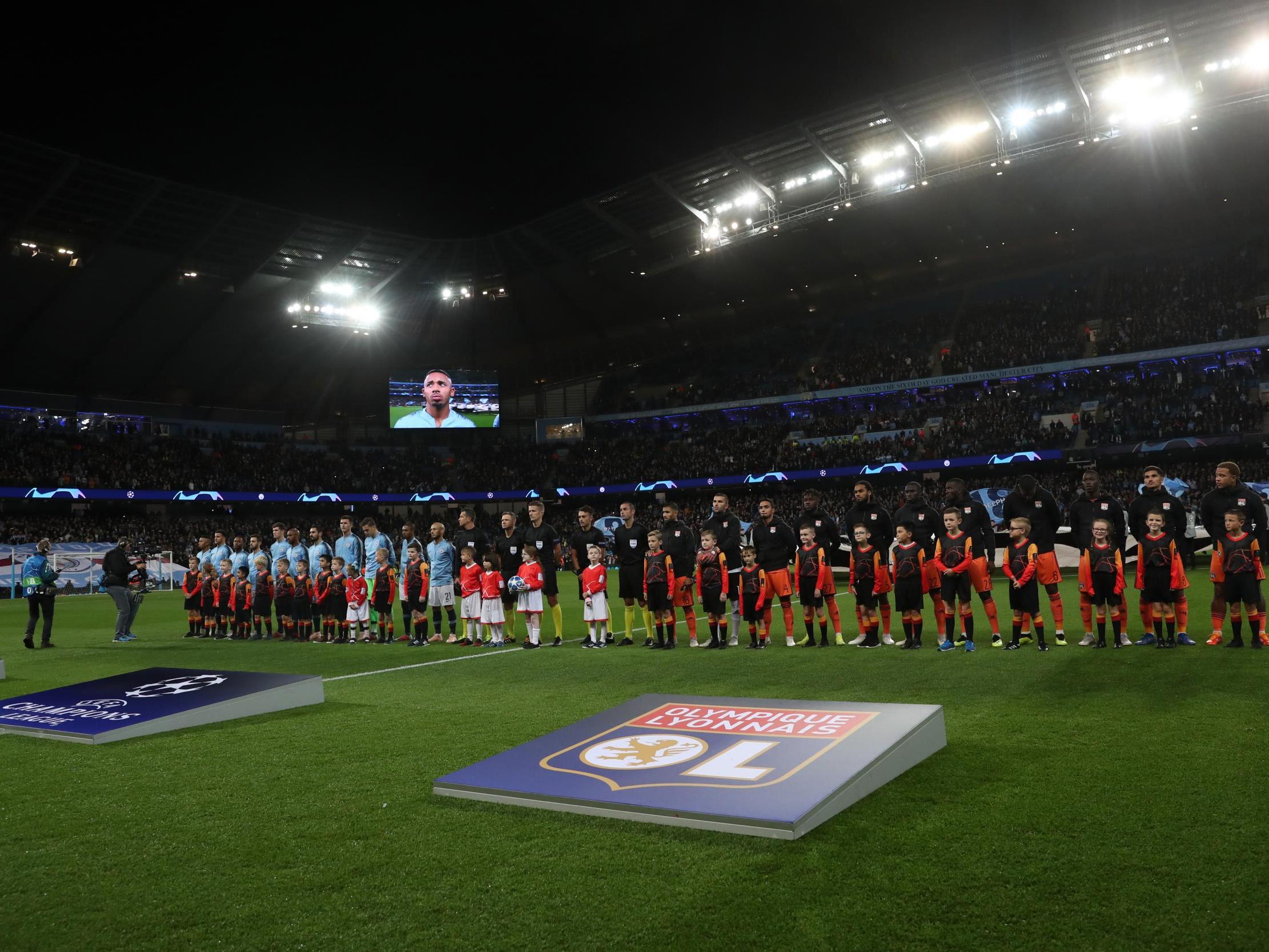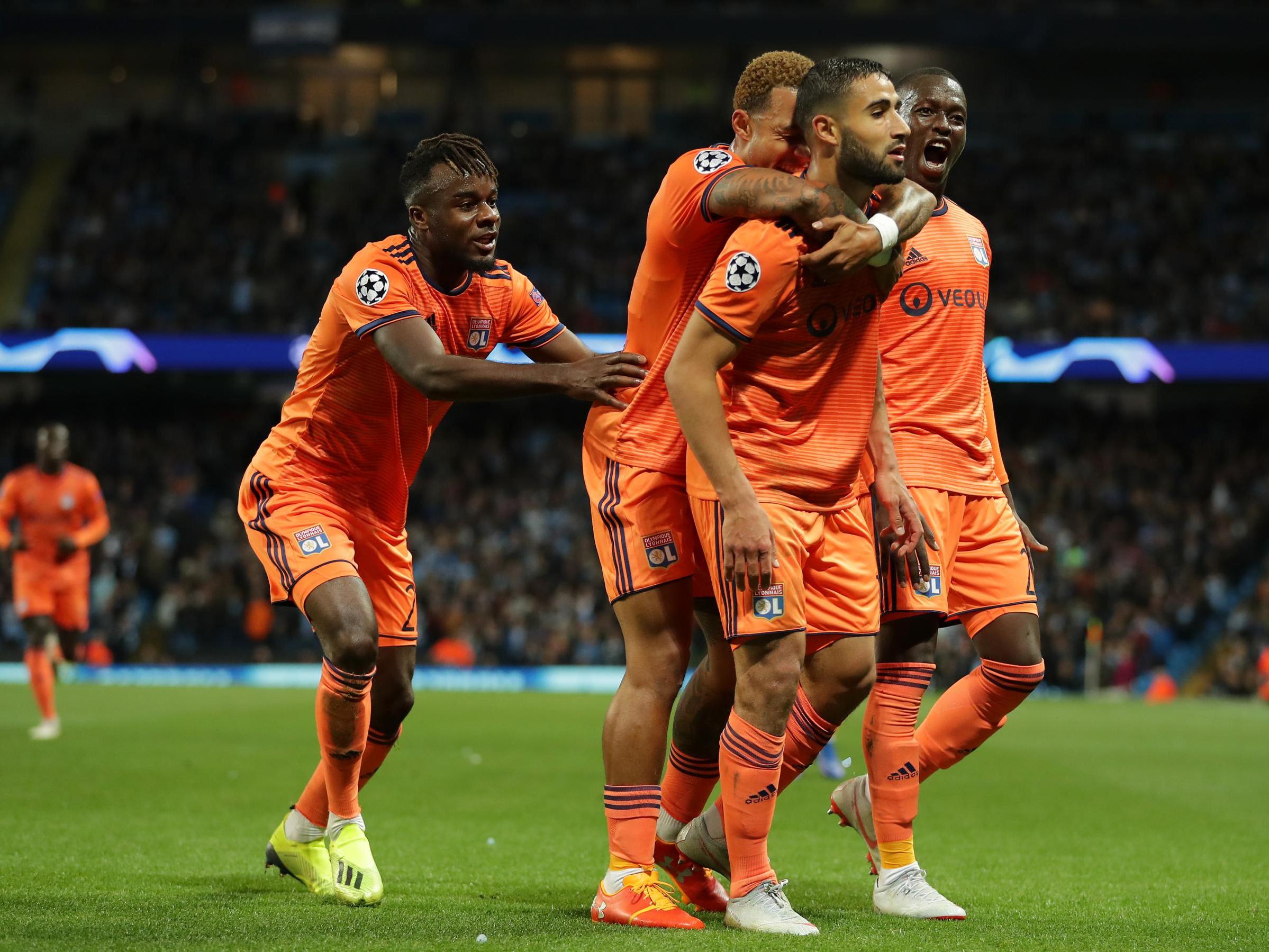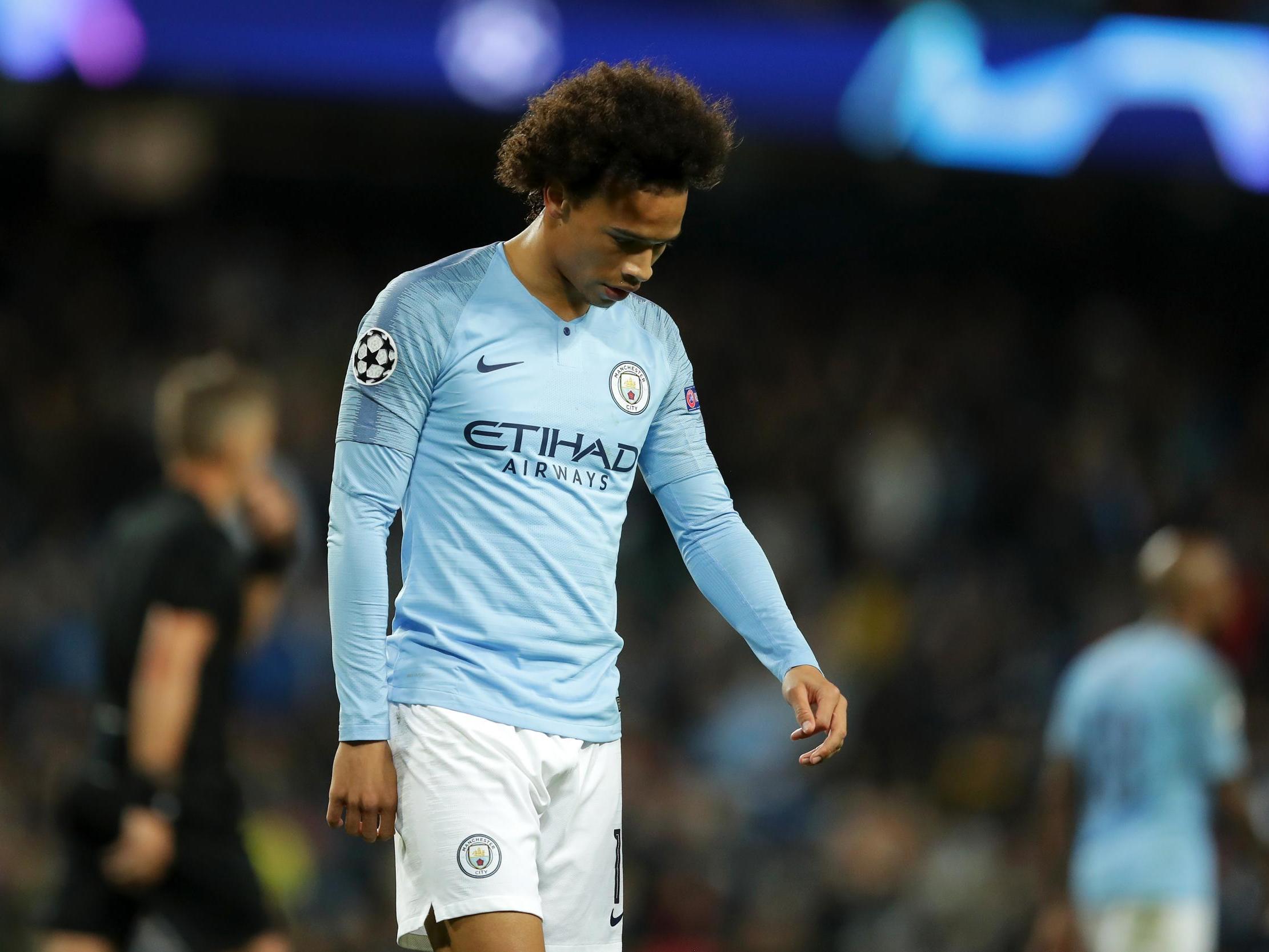Why Manchester City's lack of European legacy might be undermining Pep Guardiola's pursuit of glory
What is City's relationship with the Champions League? It is almost one of resentment towards a competition more associated with their great rivals

Your support helps us to tell the story
From reproductive rights to climate change to Big Tech, The Independent is on the ground when the story is developing. Whether it's investigating the financials of Elon Musk's pro-Trump PAC or producing our latest documentary, 'The A Word', which shines a light on the American women fighting for reproductive rights, we know how important it is to parse out the facts from the messaging.
At such a critical moment in US history, we need reporters on the ground. Your donation allows us to keep sending journalists to speak to both sides of the story.
The Independent is trusted by Americans across the entire political spectrum. And unlike many other quality news outlets, we choose not to lock Americans out of our reporting and analysis with paywalls. We believe quality journalism should be available to everyone, paid for by those who can afford it.
Your support makes all the difference.After yet another sensational European night, Virgil van Dijk was asked whether any of this is becoming routine.
“No!” the centre-half snapped back. “I’m not going to get used to this!”
Almost everything Van Dijk says right now illustrates someone who is utterly relishing being at Liverpool. Those who know him say that, when he did eventually get his long-desired wish to join the club and go through the procedure of getting his photo taken in the stadium, this was no formality. It was special to him. He fully appreciated the sense of being somewhere where so much football history had taken place – especially in the European Cup.
The truth is that it’s difficult not to be struck by the same feeling when watching Van Dijk’s team play in such fixtures. For all the cynicism about how much was made was of the Anfield atmosphere before last season’s quarter-final against Manchester City, the talk was all justified. The cynicism was all blown by away by the boisterous noise of the crowd.
Tuesday was a reminder of this, with the identity – and identity struggles – of opposition like the new Paris Saint-Germain only further emphasising it.
This is not to say the sensation is exclusive to Anfield. You get the same thunderous reception on such nights at Old Trafford, the Bernabeu, Camp Nou, the San Siro, and even now at the relatively new Allianz Arena and relatively new European Cup experience at Chelsea.
You still don’t get it at the Etihad with Manchester City, though.
It’s a great stadium, a great match-day experience, but you’re not surrounded by a grandiose sense of history.

You don’t walk up there knowing you’re about to be standing on the same piece of land where some of the European Cup’s greatest moments have happened. It lacks a certain… mystique.
What stood out against Lyon was the flatness of the occasion, and it’s difficult not to feel this at least some way fed into the flatness of the performance, with the two then perpetuating each other.
Some of that may have been down to the fact it was a mere group opener – and, unlike Liverpool – against opposition City were fully expected to beat, but then that hasn’t always been a reason for a relatively subdued atmosphere there on European nights.
City ended up going 2-0 behind but getting back into it, creating a rare sense of event at a stadium that is now seeing so many non-event victory processions. The team were building up to a siege in what had become one of the most compelling home games they’ll get all season, and yet so many fans chose that point to stream out.
It was just so incongruous, and – really, as simplistic as this seems – the opposite of Anfield.

Either way, the night as a whole has already put Pep Guardiola under pressure in the competition he so prizes above any other.
The Catalan is said by those close to him to feel that winning the Champions League with City would be his greatest achievement as a manager, and that, because of their lack of history and experience in the competition, Guardiola would essentially be infusing them with this pedigree.
For a long time it felt like he might be making far too much of this; that it was the privileged view of someone who had spent far too long at Europe’s truly prestigious clubs, and a mere convenient excuse for failure at a club capable of such eye-watering expenditure.
This week, however, re-emphasised there might be at least something in it. And it goes beyond the brick walls of any stadium.
The Champions League is a competition of such lore, after all, that it’s only logical that clubs’ prior relationships with a trophy of such prestige has some effect on present performance.
Consider its most historic clubs, who City are now competing against.
Having won it more than anyone else, Real Madrid are really the ultimate Champions League club and clearly feel an ownership of the trophy. That sense of certainty has clearly powered the side through such nights, at a time when they haven’t looked all that powerful in Spain and can barely win a domestic title.
Having won it more than any other domestic rival, meanwhile, Liverpool are the English equivalent of Madrid. They have a sense of entitlement about the competition, a sense that this is their true stage, with that then having allowed them to over-perform in it going right back to Rafa Benitez.
It has been much the same with AC Milan, at least when they had the quality to actually get into it.

Their seven trophies have particularly pained their country’s most successful domestic club, Juventus, who have never been able to translate their Serie A dominance into continental dominance. Italy’s greatest winners have been the European Cup’s greatest losers, having lost more finals than anyone else. Even Juve’s two victories were tainted – 1985 by the tragedy of Heysel, 1996 by a long legal case from doping accusations – but that has not created any resentment about the competition. It has created a feeling that this is the Holy Grail.
There has been a sense of quest to it, one that makes any eventual victory all the more glorious.
That has at various points been the same for clubs like Barcelona, Bayern Munich, Chelsea and Manchester United.
City’s local rivals probably have the most emotional relationship with the European Cup, having been England’s pioneers in it in 1956 only to then tragically lose a great young team in 1958, before Sir Matt Busby and Bobby Charlton experienced the deepest feeling of deliverance 10 years later in 1968. Such history created a similar sense of quest for Sir Alex Ferguson, and all of that has emotion which has undeniably influenced so many great nights at Old Trafford.
City still don’t seem to have that sense of quest, despite everything – and despite their manager’s feelings.
What is their relationship with the Champions League? It is almost one of resentment towards a competition more associated with their great rivals.

City’s one previous experience of the European Cup before the Champions League era was an entirely underwhelming first-round elimination to Fenerbahce in 1968. Many years later, the club would then go on to struggle with the group stages under Roberto Mancini, with that coming amid contentious grapples with Financial Fair Play regulations.
It was that issue that created this resentment of Uefa, at least, that again brought the boos of the anthem on Wednesday. Yes, that evocative classic anthem that players from Iker Casillas to Clarence Seedorf and Javier Zanetti have said genuinely fires them on such nights and fosters an extra level of performance.
This, of course, isn’t to say that relationship can’t be changed. The stirring 5-3 first-leg win over Monaco in 2016-17 felt like it had the potential to do that, such was the magic of the night. It felt like it could have been City’s legacy Champions League game, only for it to mean nothing as the second leg immediately sent them out. How Guardiola must regret that. How different even Wednesday might have been.
We instead had the sound of boos, and then the sight of so many fans leaving before the final whistle.
It really was the opposite of Anfield.
After all, focusing on the sterile world of Uefa bureaucracy seems utterly bizarre at time when such emotion could, and probably should, have been directed elsewhere, to create a sense of atmosphere, to create a special feeling. It might genuinely make a difference.
Instead this damaging defeat felt routine, at a time when they want significant European victories to be the new norm.
Join our commenting forum
Join thought-provoking conversations, follow other Independent readers and see their replies
Comments